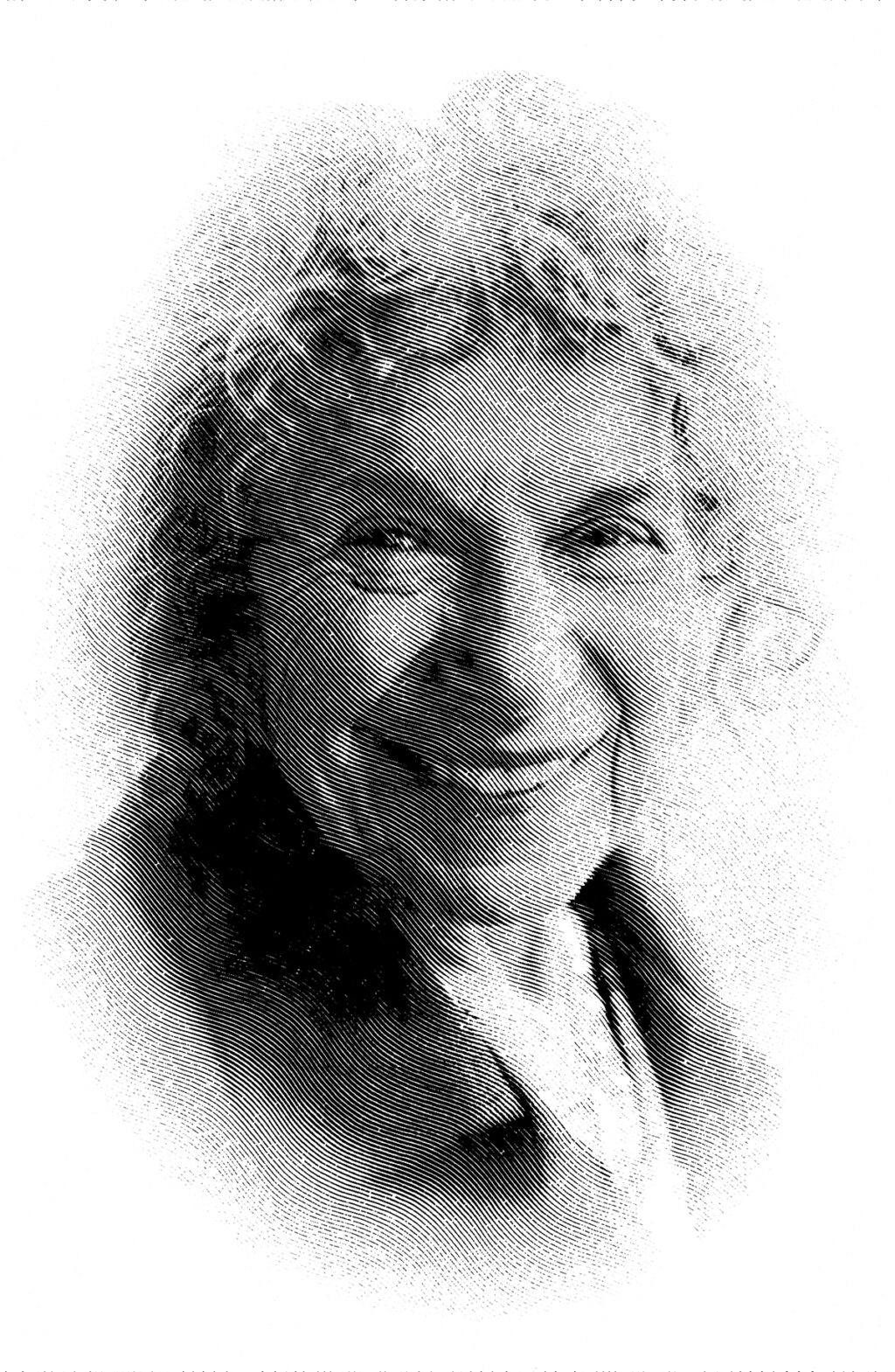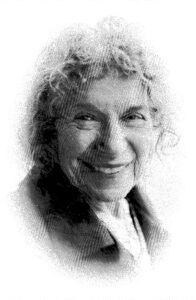A Tribute to Marilyn Gilbert

by Kent Johnson:
Marilyn Gilbert was a long-time member of ABAI. She died on May 23rd, 2023. She was 97 years young. Beginning in 1997, Marilyn gave presentations at ABAI each year, ranging from talks about behavioral engineering and instructional design to talks about technical writing. She initially attended ABAI with her husband, Tom Gilbert, whose list of accomplishments included the instructional method, mathetics, as well as his behavioral engineering model, which has been applied in untold numbers of businesses and industrial work settings. Many ABAI-ites have read his book Human Competence. Marilyn had a big hand in writing and editing that book.
I truly miss Marilyn. She was smart, funny, caring, friendly, and wise. I know many of you miss her, so I want to share two essays about her with you. First is an obituary that Marilyn and Tom’s son, Robbie Gilbert, composed. Following his obituary, I have included an autobiography that Marilyn used to share with her students each semester.
A Note From Kent Johnson:
Marilyn’s crowning academic achievement was her technical writing course design. She taught the course many times online at the University of North Texas at Denton. Morningside Press hopes to publish it as a book later this year so that you, too, can learn how to write as well as she did. Behavior Analyst, Adam Hockman took her course, and will be using her book and syllabus to teach writing just the way Marilyn did, for the Psychology Department at Western Michigan University this fall, 2024.
Marilyn would begin each semester by asking her students to read an essay about herself, and asked each student to write a similar essay about themselves. She gained a good sense of her students’ writing skills this way. To get a good sense of Marilyn Gilbert, here’s the essay she wrote to her students. Enjoy!
Marilyn Gilbert’s Autobiography
About Me…
I’m a “Jersey Girl,” born and raised. New Jersey has always had a sleazy reputation, even before the Sopranos, and then the folks from the Jersey Shore; but New Jersey is actually quite nice. “That’s why so many people live here,” as my husband used to say. I’ve lived in several other places on the East Coast besides New Jersey, and I’ve also lived in Indiana and Mexico City. For the past 16 years, I’ve been living on beautiful Bainbridge Island, in Washington State. But although I’ve been a widow for some years now, I didn’t live alone; I lived with my granddaughter, Georgia, who was studying history at the University of Washington. But last year, Georgia graduated and went to live with her husband in Sweden. I do miss her.
As for me, I wasn’t an English major, although I probably had enough English credits to qualify as a Garrison Keiller “ultimate English major.” (If you listen to NPR, you’ve probably heard Garrison’s jokes about people like me.) But did you know that B.F. Skinner was an English major as an undergraduate, at Hamilton College in New York?
Although I’ve always loved to read, especially novels, I went to Montclair State College in New Jersey, and I majored in mathematics and Latin instead. It wasn’t until graduate school, at Columbia University, that I finally became an English major. My M.A. was in English and Comparative Literature, and I wrote my thesis about the work of an Irish story writer, Sean O’Faolain.
My obsession with psychology, though, started very early; and I’ll confess it was through marriage, not scholarship. I hadn’t enjoyed my undergraduate courses in psychology. But at Columbia, I audited Professor Fred S. Keller’s course on B.F. Skinner’s keystone book, The Behavior of Organisms. It was tough sledding, as you might know; but the concepts of behavior analysis hooked me. I spent many hours in the Psychology Department animal labs, and I would have signed up for a Ph. D. program in psychology, too, except that I was afraid of the rats. Later, as a Harvard faculty wife, I was lucky to get to know Dr. Skinner and many other behavior analysts. I began to learn more about behavior, too; and three of my babies spent their first months sleeping in a homemade Skinnarian baby box. But I learned most by actually working with my late husband, Tom Gilbert, and reading his book and other writings.
My Work Life:
I had many different jobs as I went through school. After graduating from Columbia, I hoped to find a writing job—and I finally got one! It was with a Boston engineering company, writing manuals on electronics and physics for naval reservists. For a military client, I wrote procedures for operating the first nuclear submarine. Nowadays, I live just a few miles from a large naval base that is home to the Trident, a nuclear submarine; on rare days, I’ve watched the Trident suddenly surface here on Puget Sound.
With my first husband, Charles Ferster, I helped start JEAB, and I was the first associate editor for JEAB and held the title for 5 years. I also edited the first edition of Schedules of Reinforcement, by Ferster and Skinner. Some years later, I worked with my second husband, Thomas Gilbert. Tom developed a body of work that is used now to diagnose performance problems in business and in schools; he solved these problems by combining his performance analysis with principles of behavior. His seminal book is Human Competence, which I edited. We also wrote the book Thinking Metric together. Most recently, Aubrey Daniels International published Tom’s unfinished autobiography, Human Incompetence. Tom and I developed several workshops and were consultants to major corporations and government agencies. One key client was the Department of Agriculture’s Meat and Poultry Division–which used to be in the sleepy little Texas town of Denton. Today, of course, that little town is hardly recognizable.
But in reviewing all those years, I see that my work life centered around writing—either teaching it, editing it, or doing the writing myself. I taught English Composition 101 at Indiana University and technical writing at Penn State. In Indianapolis, I wrote children’s books for a small publisher. I also authored five other books, including one for English Composition 101. In 2016, I hope to publish a book that will accompany this course.


